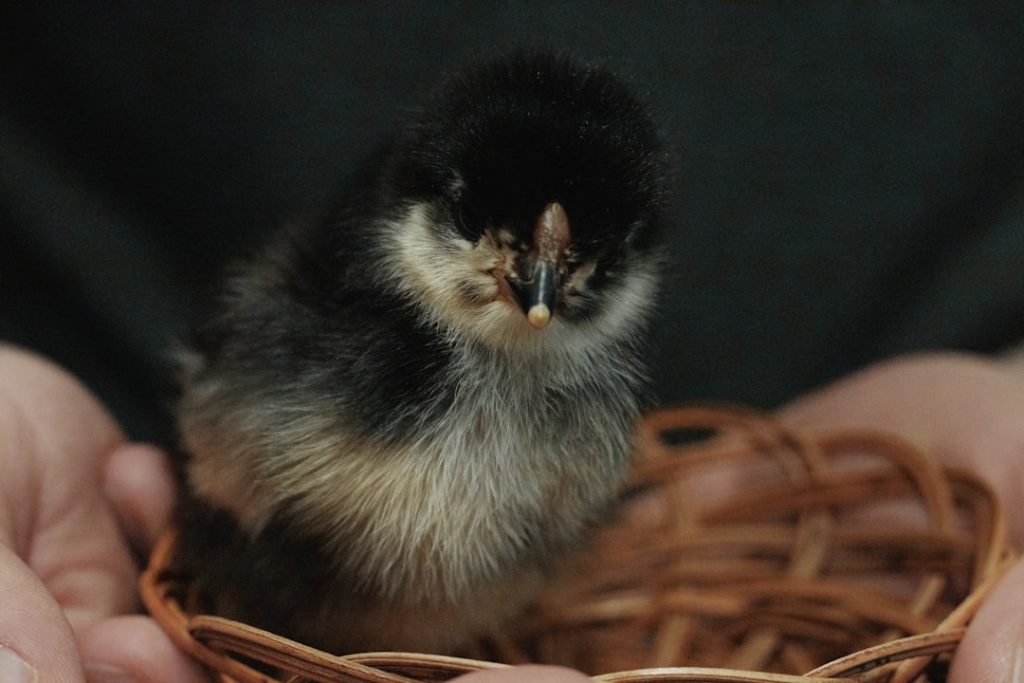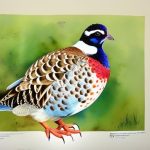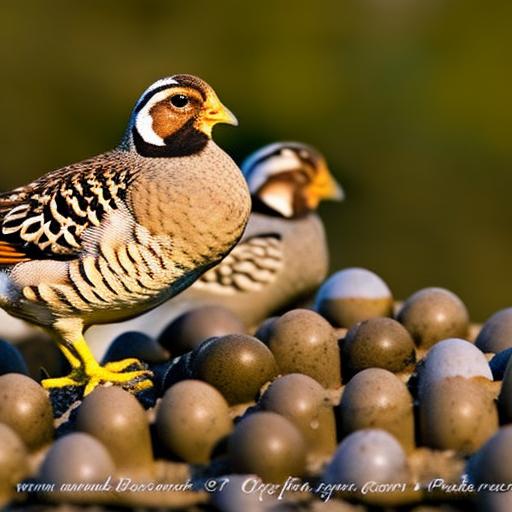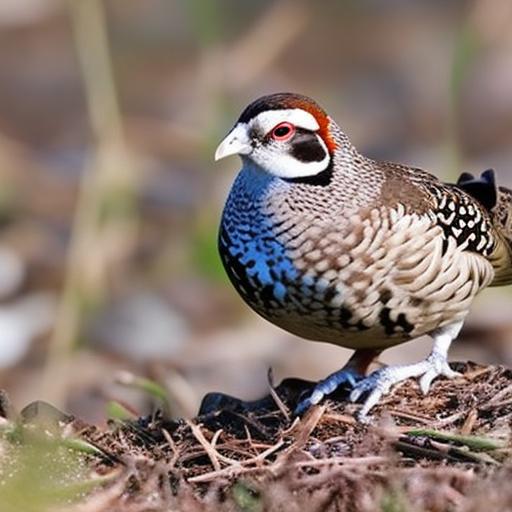Quail breeding in New York has become an increasingly popular activity for both commercial and hobbyist breeders. The state’s diverse landscape and climate provide an ideal environment for raising quail, making it a lucrative and rewarding venture for many. Whether for meat, eggs, or hunting purposes, quail breeding offers a unique opportunity for farmers and enthusiasts to diversify their agricultural activities and contribute to the local economy.
Quail are small, ground-dwelling birds that are known for their delicious meat and delicate eggs. They are relatively easy to care for and require minimal space, making them an attractive option for those looking to start a small-scale poultry operation. With the right knowledge and resources, quail breeding can be a sustainable and profitable business in New York. However, it is important for breeders to be aware of the licensing and permit requirements, as well as the regulations and standards set forth by the state to ensure the welfare of the birds and the safety of consumers.
Table of Contents
- 1 Licensing and Permit Requirements for Quail Breeders in New York
- 2 Regulations for Quail Housing and Care in New York
- 3 Health and Welfare Standards for Quail in New York
- 4 Breeding and Selling Quail in New York
- 5 Enforcement and Penalties for Violating Quail Breeding Rules in New York
- 6 Resources and Support for Quail Breeders in New York
- 7 FAQs
- 7.1 What are the rules for quail breeding in New York?
- 7.2 What are the housing requirements for quail breeding in New York?
- 7.3 What care guidelines must quail breeders follow in New York?
- 7.4 What record-keeping requirements are in place for quail breeders in New York?
- 7.5 Are there any restrictions on selling quail in New York?
- 7.6 What are the consequences of not following the rules for quail breeding in New York?
Key Takeaways
- Quail breeding is a popular activity in New York, with many enthusiasts looking to start their own quail breeding operations.
- Quail breeders in New York are required to obtain a license and permit from the state’s Department of Environmental Conservation before starting their operations.
- Regulations for quail housing and care in New York include requirements for adequate space, proper ventilation, and access to clean water and food.
- Health and welfare standards for quail in New York mandate regular veterinary care, disease prevention measures, and humane treatment of the birds.
- Breeders looking to sell quail in New York must comply with state regulations regarding labeling, transportation, and record-keeping.
Licensing and Permit Requirements for Quail Breeders in New York
In New York, quail breeders are required to obtain a license from the Department of Environmental Conservation (DEC) in order to legally breed and sell quail. The license application process typically involves providing information about the facilities where the quail will be housed, as well as details about the breeding program and intended use of the birds. Additionally, breeders may need to obtain a permit from the United States Department of Agriculture (USDA) if they plan to sell quail for meat or eggs on a commercial scale.
The licensing and permit requirements are in place to ensure that quail breeders adhere to certain standards of care and hygiene, as well as to prevent the spread of diseases among the bird population. By obtaining the necessary licenses and permits, breeders demonstrate their commitment to responsible and ethical breeding practices, which ultimately benefits both the quail and the consumers who purchase their products. It is important for breeders to familiarize themselves with the specific requirements and regulations set forth by the DEC and USDA to avoid any potential legal issues or penalties.
Regulations for Quail Housing and Care in New York
Quail housing and care regulations in New York are designed to promote the health and welfare of the birds, as well as to minimize the risk of disease transmission. The DEC has established specific guidelines for the construction and maintenance of quail enclosures, including requirements for space, ventilation, and sanitation. Breeders are also expected to provide appropriate bedding, nesting areas, and access to clean water and nutritious feed to ensure the well-being of their quail.
Additionally, breeders must implement biosecurity measures to prevent the introduction and spread of diseases within their quail population. This may include limiting access to the breeding facilities, practicing proper hygiene protocols, and monitoring the health of the birds on a regular basis. By adhering to these regulations, breeders can help safeguard their quail from potential health issues and maintain a high standard of care that reflects positively on their breeding operation.
Health and Welfare Standards for Quail in New York
The health and welfare standards for quail in New York are established to protect the birds from unnecessary suffering and ensure that they are raised in humane conditions. Breeders are expected to provide appropriate veterinary care, monitor the birds for signs of illness or distress, and take measures to prevent overcrowding and aggression within the flock. Additionally, quail must be handled and transported in a manner that minimizes stress and discomfort.
Furthermore, breeders are required to comply with state regulations regarding the use of medications and supplements in quail farming. This includes following withdrawal periods for any medications administered to the birds, as well as using only approved substances that are safe for both the quail and consumers. By prioritizing the health and welfare of their quail, breeders can maintain a positive reputation within the industry and contribute to the overall well-being of the animals under their care.
Breeding and Selling Quail in New York
Breeding and selling quail in New York is subject to certain regulations and standards to ensure the safety and quality of quail products available to consumers. Breeders must adhere to guidelines for breeding practices, egg handling, meat processing, and labeling in order to comply with state and federal laws. This may include maintaining detailed records of breeding activities, implementing food safety protocols, and obtaining necessary inspections and certifications for meat processing facilities.
Additionally, breeders must be transparent about the origin and handling of their quail products when selling them to consumers. This includes providing accurate information about the breed, age, and health status of the birds, as well as any treatments or medications they may have received. By upholding these standards, breeders can build trust with their customers and contribute to a positive reputation for New York’s quail industry.
Enforcement and Penalties for Violating Quail Breeding Rules in New York
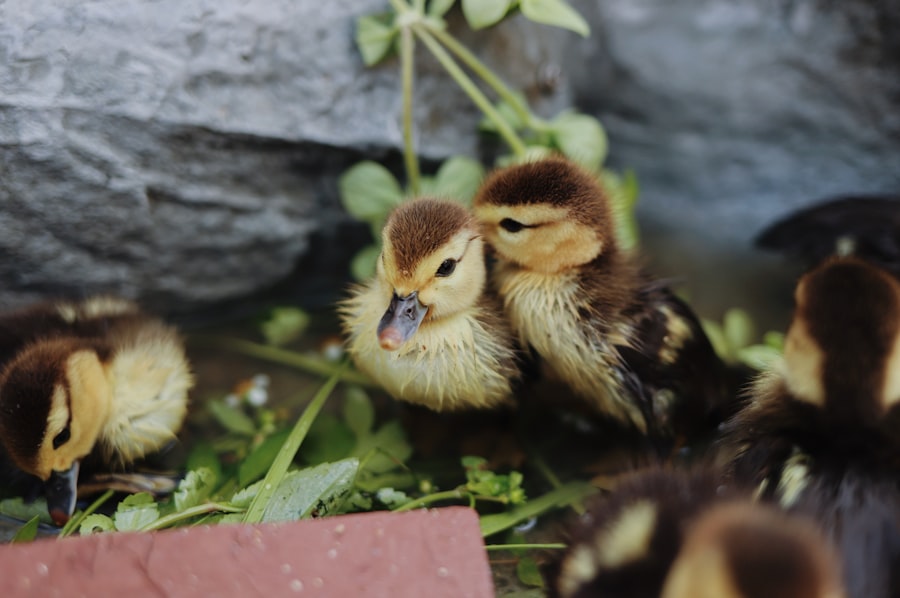
The enforcement of quail breeding rules in New York is overseen by the DEC and other relevant regulatory agencies. Violations of licensing and permit requirements, housing and care regulations, health and welfare standards, or breeding and selling guidelines may result in penalties such as fines, license revocation, or legal action. It is important for breeders to stay informed about their obligations under state law and take proactive measures to comply with all applicable regulations.
In cases where violations occur, breeders may have the opportunity to rectify any issues identified by regulatory authorities in order to avoid further consequences. However, repeated or severe violations of quail breeding rules may lead to more serious penalties that can impact a breeder’s ability to continue operating their business. By prioritizing compliance with all relevant regulations, breeders can minimize the risk of enforcement actions and maintain a positive standing within the quail breeding community.
Resources and Support for Quail Breeders in New York
Quail breeders in New York have access to a variety of resources and support services to help them navigate the regulatory landscape and improve their breeding practices. This may include educational workshops, industry associations, online forums, and government agencies that offer guidance on topics such as licensing requirements, housing standards, health management, marketing strategies, and more. By taking advantage of these resources, breeders can stay informed about best practices in quail breeding and connect with other professionals in the field.
Furthermore, support networks within the quail breeding community can provide valuable opportunities for mentorship, collaboration, and advocacy on behalf of breeders’ interests. By participating in these networks, breeders can gain insights into emerging trends in the industry, share knowledge with their peers, and contribute to efforts aimed at promoting responsible quail breeding practices in New York. Overall, these resources and support systems play a crucial role in helping breeders succeed in their endeavors while upholding high standards for animal welfare and consumer satisfaction.
If you’re interested in learning more about poultry farming and coop management, you might want to check out an article on PoultryWizard.com that discusses the importance of the floor of a chicken coop. The article provides valuable insights into creating a suitable environment for your birds and ensuring their well-being. You can read the full article here.
FAQs
What are the rules for quail breeding in New York?
In New York, quail breeding is regulated by the Department of Environmental Conservation. Breeders must obtain a permit to breed and sell quail, and they must adhere to specific guidelines regarding housing, care, and record-keeping.
What are the housing requirements for quail breeding in New York?
Quail breeders in New York must provide adequate housing for their birds, including protection from predators and the elements. The housing must also allow for natural behaviors such as dust bathing and foraging.
What care guidelines must quail breeders follow in New York?
Quail breeders in New York must provide proper nutrition, clean water, and veterinary care for their birds. They must also ensure that the birds are kept in a clean and sanitary environment.
What record-keeping requirements are in place for quail breeders in New York?
Quail breeders in New York must maintain accurate records of their breeding activities, including the source of their breeding stock, the number of birds bred and sold, and any veterinary treatments administered.
Are there any restrictions on selling quail in New York?
Quail breeders in New York are subject to restrictions on where and how they can sell their birds. They must comply with any local zoning laws and obtain the necessary permits for selling quail.
What are the consequences of not following the rules for quail breeding in New York?
Failure to comply with the rules for quail breeding in New York can result in fines, the revocation of breeding permits, and other legal consequences. It is important for quail breeders to familiarize themselves with and adhere to the regulations.
Meet Walter, the feathered-friend fanatic of Florida! Nestled in the sunshine state, Walter struts through life with his feathered companions, clucking his way to happiness. With a coop that’s fancier than a five-star hotel, he’s the Don Juan of the chicken world. When he’s not teaching his hens to do the cha-cha, you’ll find him in a heated debate with his prized rooster, Sir Clucks-a-Lot. Walter’s poultry passion is no yolk; he’s the sunny-side-up guy you never knew you needed in your flock of friends!

